Why Did Singapore Choose Lawrence Wong?
"Bookworm, guitar player, and a dog lover!” This is how Lawrence Wong describes himself on social media. Wong, who shares family stories and posts short videos of himself playing the guitar on social media, is a popular figure with a huge following on various platforms. On May 15, 2024, this cyber opinion leader was sworn in as Singapore’s fourth Prime Minister at the Istana, stepping into a whole new role.
Unlike his predecessor Lee Hsien Loong, who led Singapore for 20 years, Wong does not fit the mold of a typical “elite politician,” and information about him is relatively scarce outside of Singapore. So, why did Singapore ultimately choose Lawrence Wong when facing “a world in flux”?
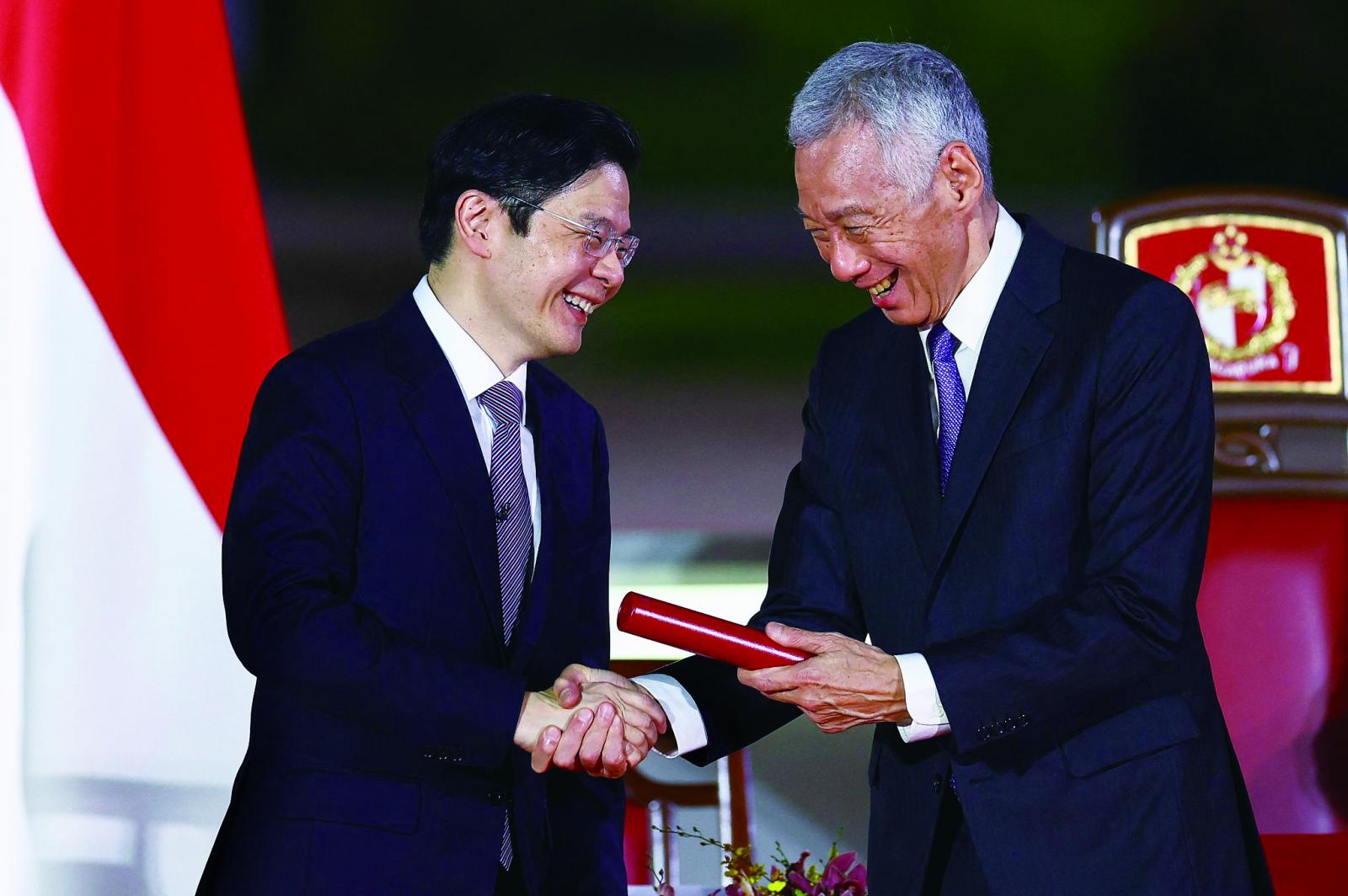
“A bloke you could drink a beer with” and considerations for choosing him
“Yet he is also the kind of bloke you could drink a beer with,” wrote a columnist from The Economist. Wong’s amiability and “down-to-earth” nature have much to do with his upbringing.
Born in 1972 in Singapore with a Hainanese origin, Wong grew up in public housing. His father, who had lived in Malaysia before coming to Singapore to work as a salesman, loves learning English, books, and music and is enthusiastic about community work. He taught Wong to play the guitar when he was young. His mother was a primary school teacher. Wong did not receive an elite education in his early years, but he went to the US for further studies on the Public Service Commission Scholarship after graduating from Victoria Junior College. After completing his studies, he returned home and joined the civil service.
“Being born in an ordinary family and attending non-elite schools makes Lawrence Wong rather ‘down-to-earth.’ Compared with politicians who attended elite schools from a young age, Wong presumably better understands public appeals. Moreover, a PM who emerged from common schools will provide some consolation to Singapore’s highly competitive society,” noted China Business Network.
In fact, public sentiment in Singapore has changed drastically in nearly six decades since the founding of the Republic of Singapore in 1965. Rather than finding a glimmer of comfort in Wong’s “grassroots” origins, Singaporeans have hoped for a leader who truly understands their appeals, and the ruling People’s Action Party (PAP) just followed their desires by nominating a capable successor who aligns with public expectations.
After all, winning hearts and votes ahead of the coming general election (GE) is crucial for the PAP.
Singapore is expecting its next GE by November 2025, and the PAP has continuously governed Singapore since 1965. The 2020 GE saw PAP’s vote share reduced to 61.24%, down from 69.86% in the 2015 GE, while the opposition Workers’ Party (WP) secured a best-ever performance. Reflecting on the Barisan Nasional’s crushing defeat that ended their 61-year rule in Malaysia in 2018, the PAP cannot afford to ignore the warning signs.
“It is a major concern that who will lead the PAP to win the election when they elect the fourth-generation leader,” said Eugene Tan Kheng Boon, Associate Professor of Law at Singapore Management University and former Member of Parliament, in an interview with China News Weekly. Wong’s extensive experience in six government ministries and serving as a minister in four of them has paved his political path and laid a solid foundation. Furthermore, his notable performance during the COVID-19 pandemic and his empathy for public suffering have considerably boosted his popularity and support. Consequently, in 2021, Lawrence Wong emerged as the heir to PM Lee Hsien Loong, with 15 out of 19 votes from key stakeholders when Heng Swee Keat announced his withdrawal from consideration of “taking the baton.”
Inheriting and innovating
On May 13, 2024, PM Lawrence Wong announced a Cabinet reshuffle. According to the new line-up, Wong would continue to serve as Finance Minister after being sworn in as Singapore’s PM; Gan Kim Yong, 65, would be promoted to Deputy Prime Minister while continuing as Minister for Trade and Industry; Incumbent DPM Heng Swee Keat, 63, would remain in his role, and so did other cabinet members. These arrangements clearly signal continuity and inheritance in Wong’s administration. It should be noted that Lee Hsien Loong has been invited to continue as Senior Minister in the Cabinet, alongside Teo Chee Hean, who will remain Senior Minister and Coordinating Minister for National Security.
“With a mere 13-year political career, Lawrence Wong lacks extensive leadership credentials and experience, particularly in foreign affairs and national security. Lee Hsien Loong’s rich experience in international politics and Teo Chee Hean’s long-serving record as a veteran in national defense and security will compensate for these gaps in the new line-up, helping them navigate a rapidly changing world,” wrote George Yukun Hu, a columnist on global politics. “The reappointments of Lee Hsien Loong and Teo Chee Hean reflect PAP’s consistent approach to a peaceful transfer of power. It also confirms that Wong will not fundamentally change the founding spirit of Singapore, the deeply-rooted PAP philosophy of administration, and the ‘small countries, big diplomacy’ international strategy.”
“It’s not a government transition, but rather a leadership shift. The Singaporean government remains the same,” remarked Linda Y.C. Lim, a professor at the University of Michigan’s Ann Arbor Campus, in an interview with China News Weekly. Though Wong is likely to rely on consultation and collective leadership in the foreseeable future, this does not mean that he lacks his administration philosophy.
In fact, Wong and his team have demonstrated a distinctly different governing approach compared to his predecessors. This is evident from the Forward Singapore exercise, which was officially launched just three weeks after Wong took the helm as DPM of Singapore. Facing domestic challenges such as a sluggish economy, rising living costs, an aging population, and immigration, along with global issues like geopolitical tensions, climate change, and supply chain restructuring, Wong and his team prioritize humanistic care more than previous leaders. They listen to the needs and desires of the young generation and the vulnerable groups and emphasize sustainable development for Singapore, striving to ensure that everyone will have a stake in Singapore’s progress.
Being neither pro-China nor pro-America, but pro-Singapore
Singapore has long pursued a balanced diplomacy between China and the US, navigating a complex interrelationship with both. In early May 2024, Wong emphasized being “pro-Singapore” instead of being pro-China or pro-America, in an exclusive interview with The Economist. However, amid unilateralism and trade protectionism pursued by the US, Wong and his colleagues face tougher challenges in maintaining a “balanced diplomacy” between China and the US.
In his swearing-in speech, Wong highlighted that the Asia-Pacific region is “facing a world of conflict and rivalry,” and that Singaporeans must brace themselves for these new realities and adapt to a “messier, riskier, and more violent world.” He also emphasized the willingness to strengthen partnerships with countries both “near and far.”
As Singapore’s close neighbor, Malaysia is expected to maintain good cooperation with Singapore. The two countries are each other’s second largest trading partners globally and largest trading partners within ASEAN countries. In 2025, Malaysia and Singapore will celebrate 60 years of bilateral relations. On May 15, 2024, Malaysian PM Datuk Seri Anwar Ibrahim congratulated Lawrence Wong on his appointment as Singapore’s new PM and invited him to visit Malaysia soon. Just four months earlier, witnessed by the PMs of both countries, Malaysia’s Minister of Economy and Singapore’s Minister for Trade and Industry signed a Memorandum of Understanding to develop a Johor-Singapore Special Economic Zone, aiming to bolster regional economic appeal. These hints suggest that Malaysia-Singapore cooperation, as well as Singapore’s cooperation with countries “near and far,” are worthy of attention and anticipation.
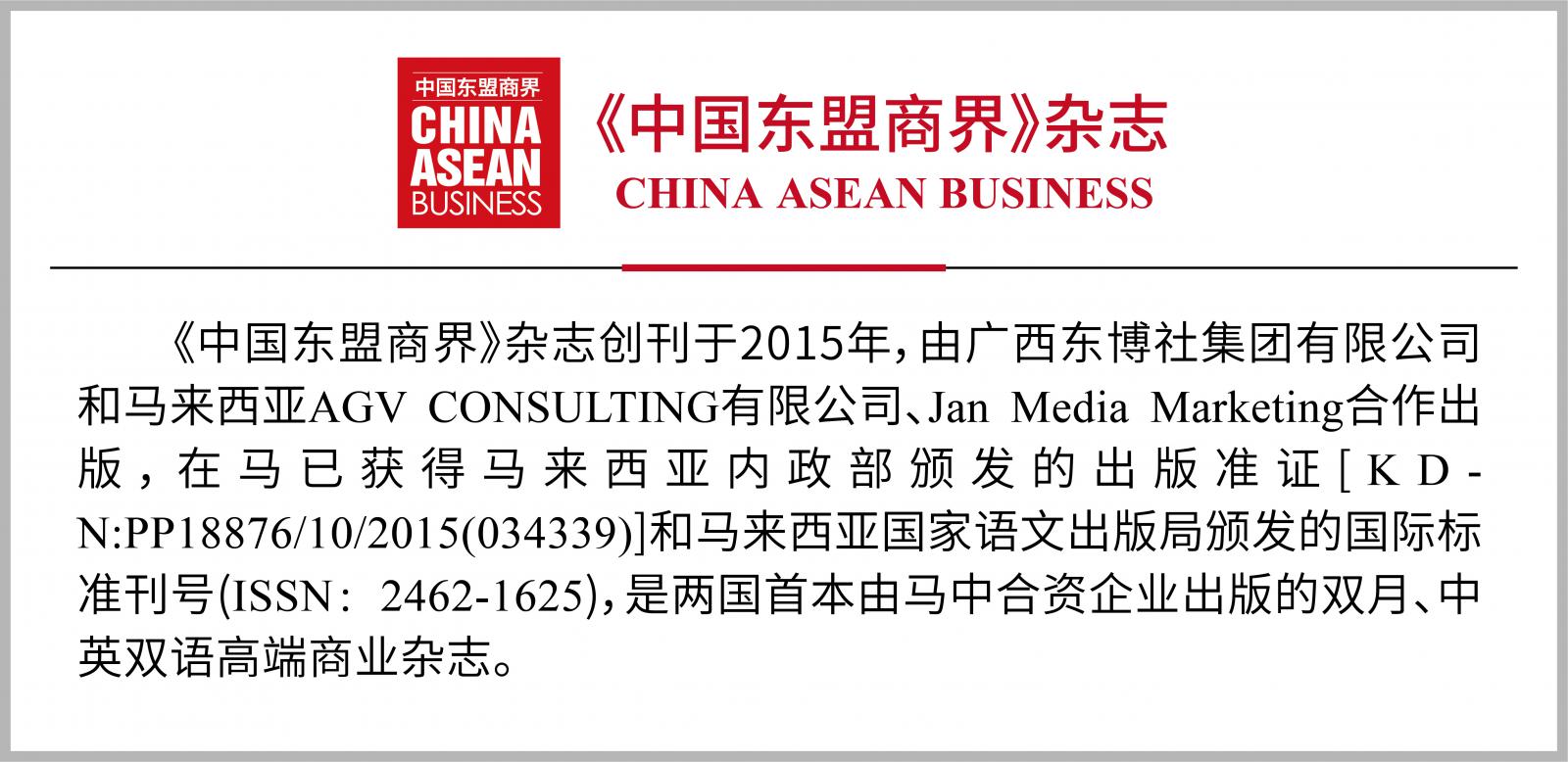
来源:《中国东盟商界》杂志
文:黎 敏
翻译:文夏清
审定:林 涵
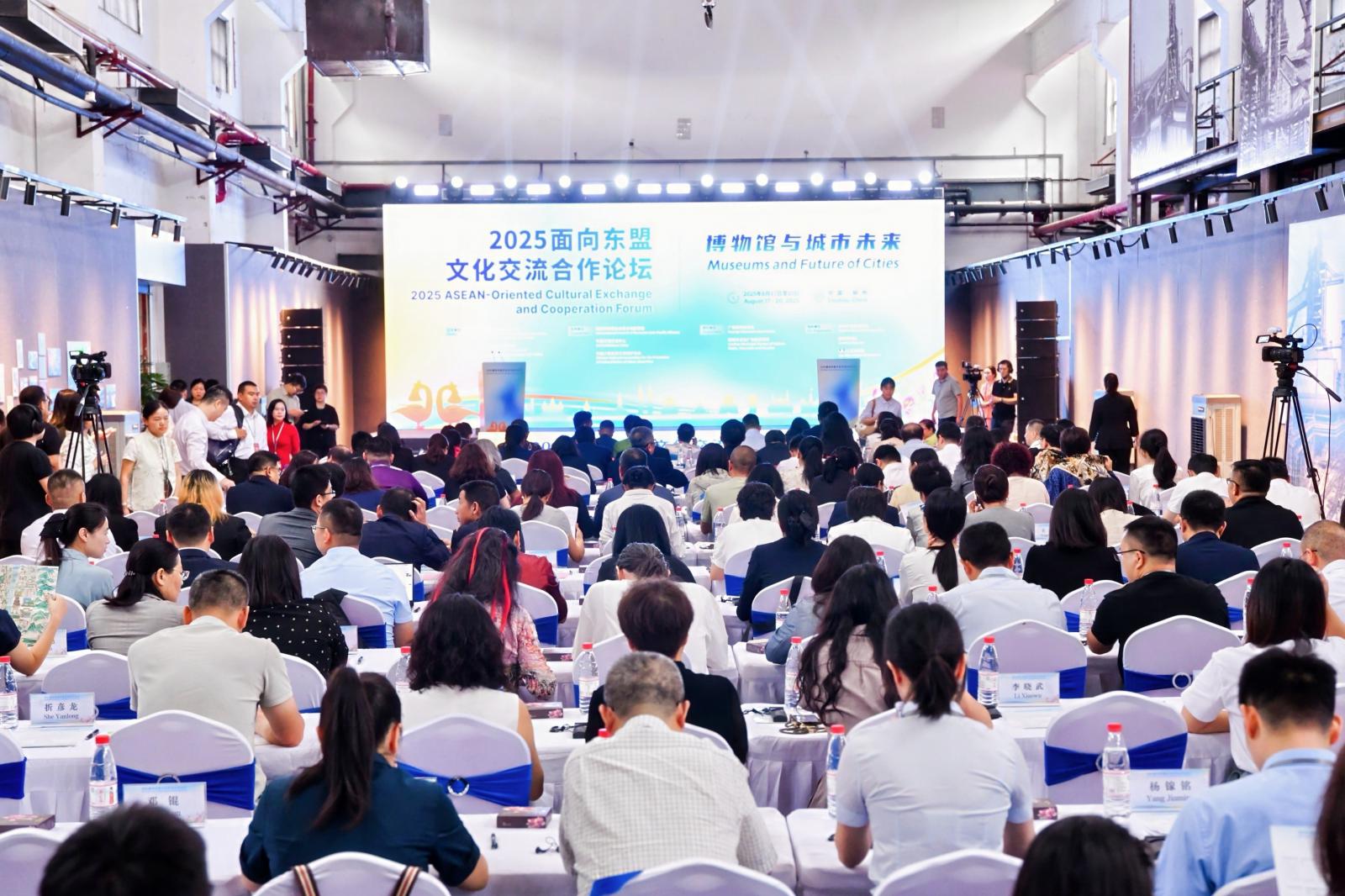 2025面向东盟文化交流
2025面向东盟文化交流
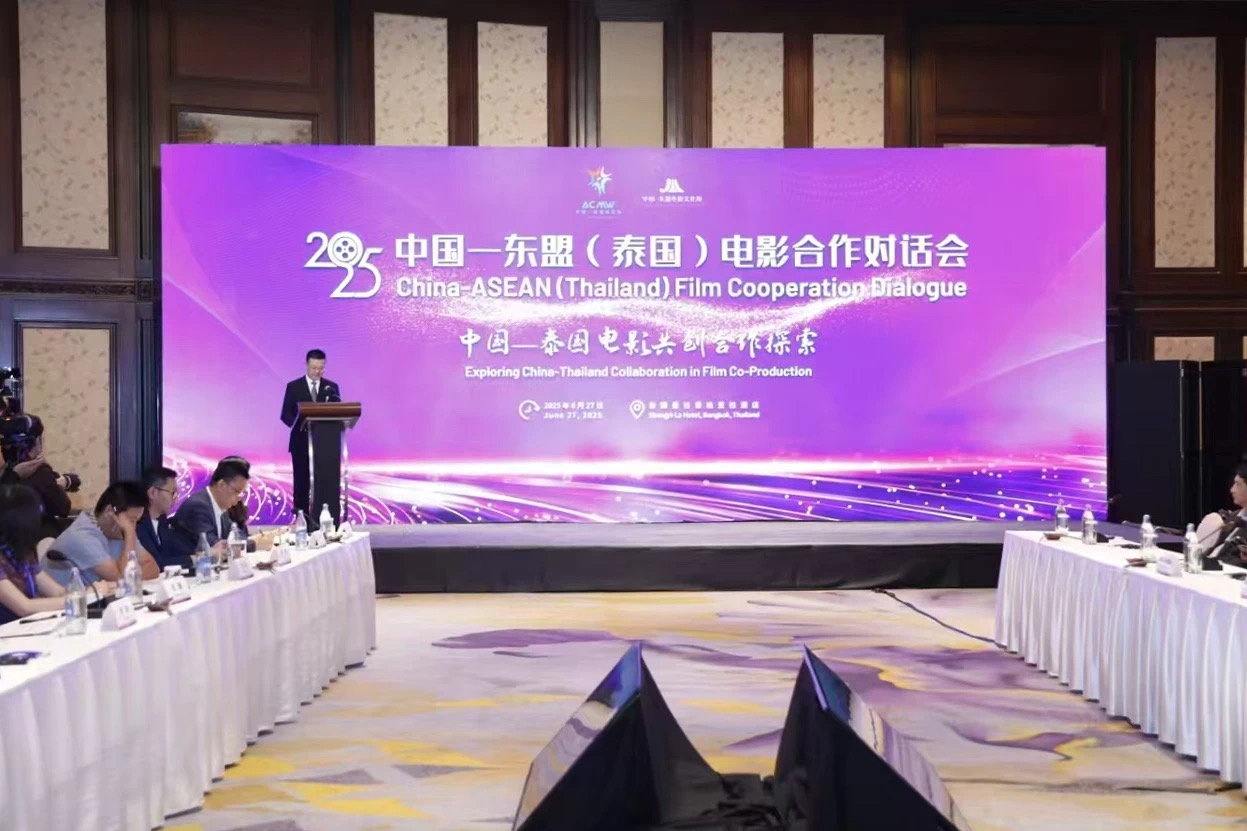 2025中国东盟(泰国)电影
2025中国东盟(泰国)电影
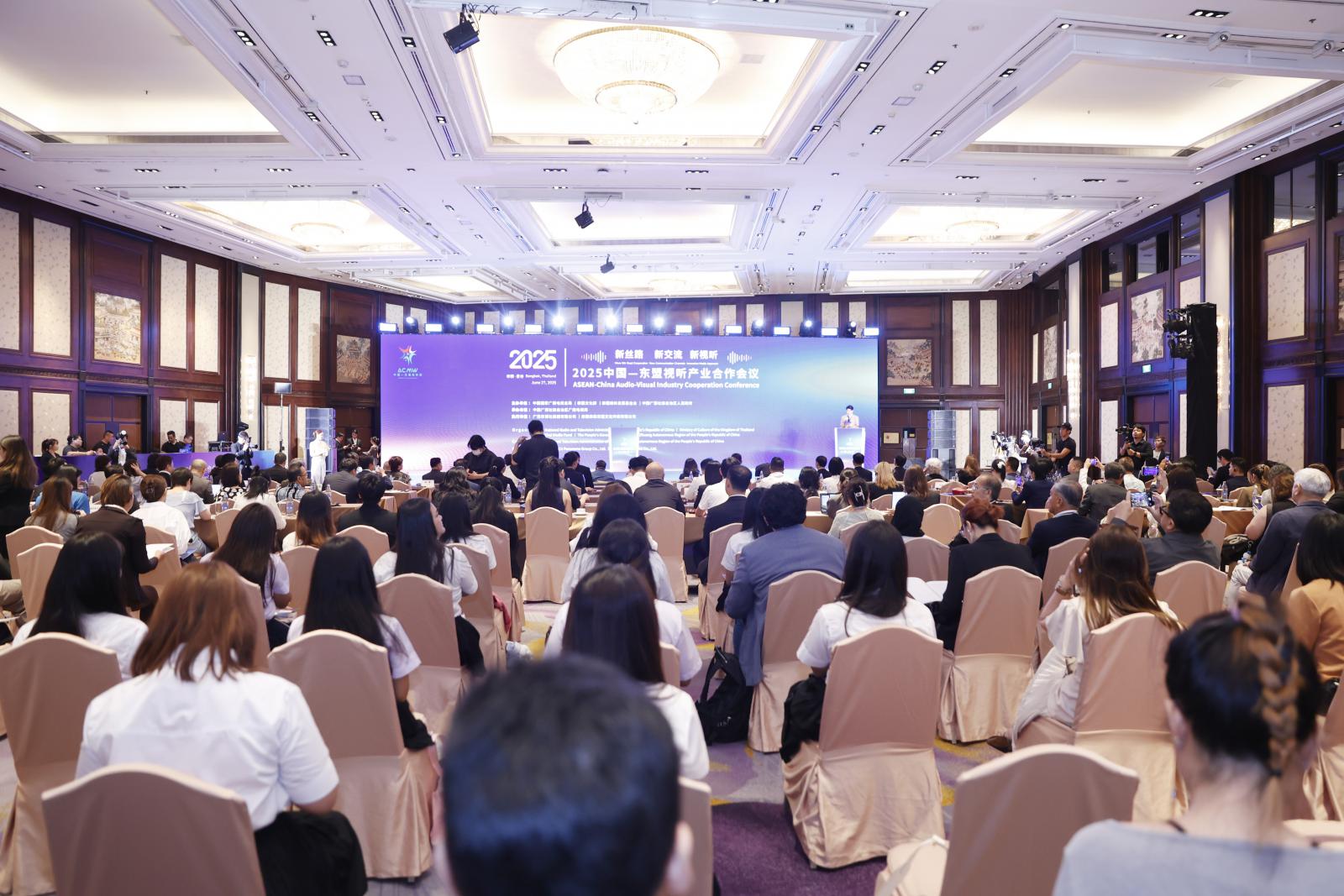 实现三个“首次” 2
实现三个“首次” 2
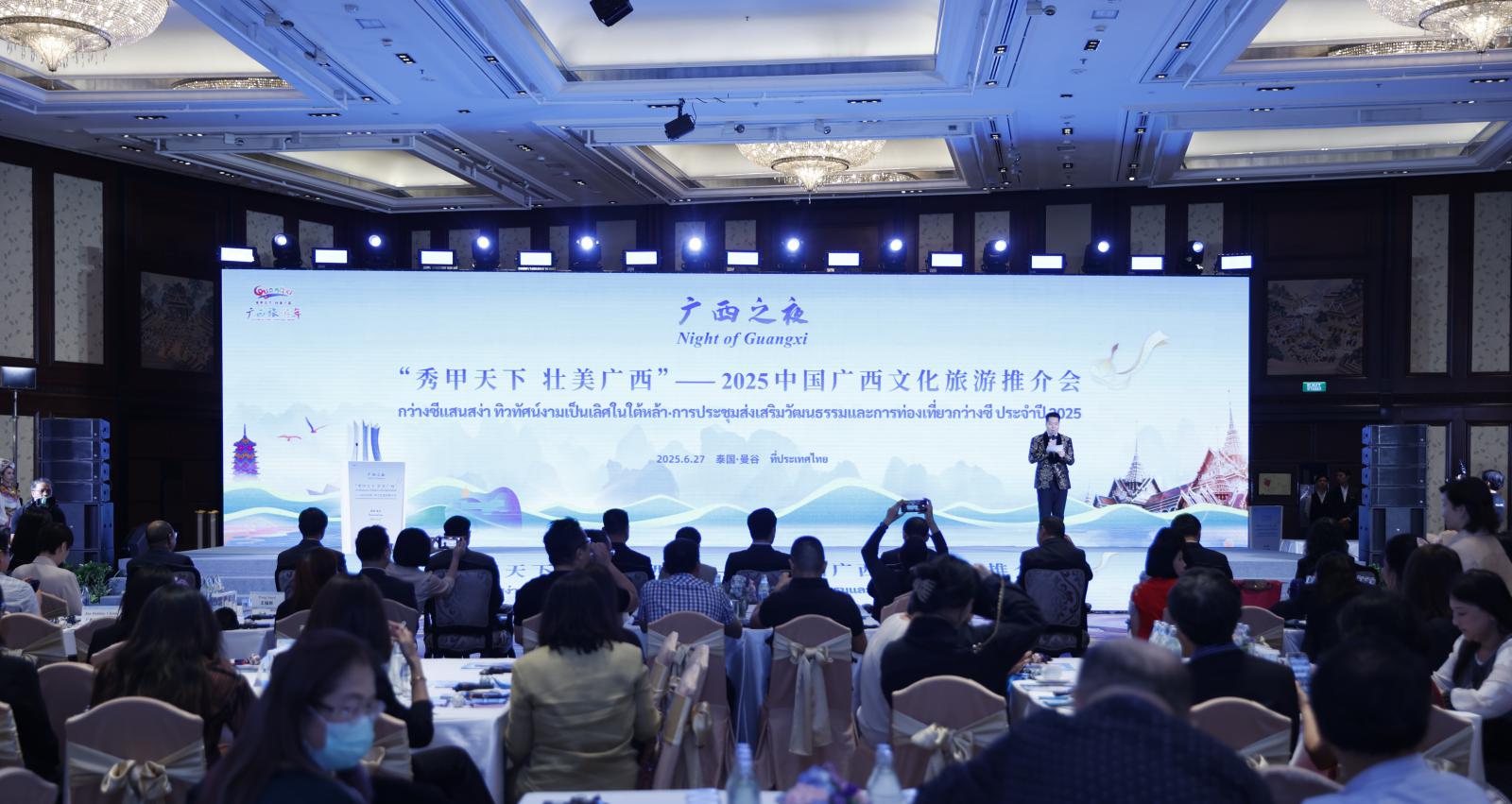 “广西之夜”2025中
“广西之夜”2025中
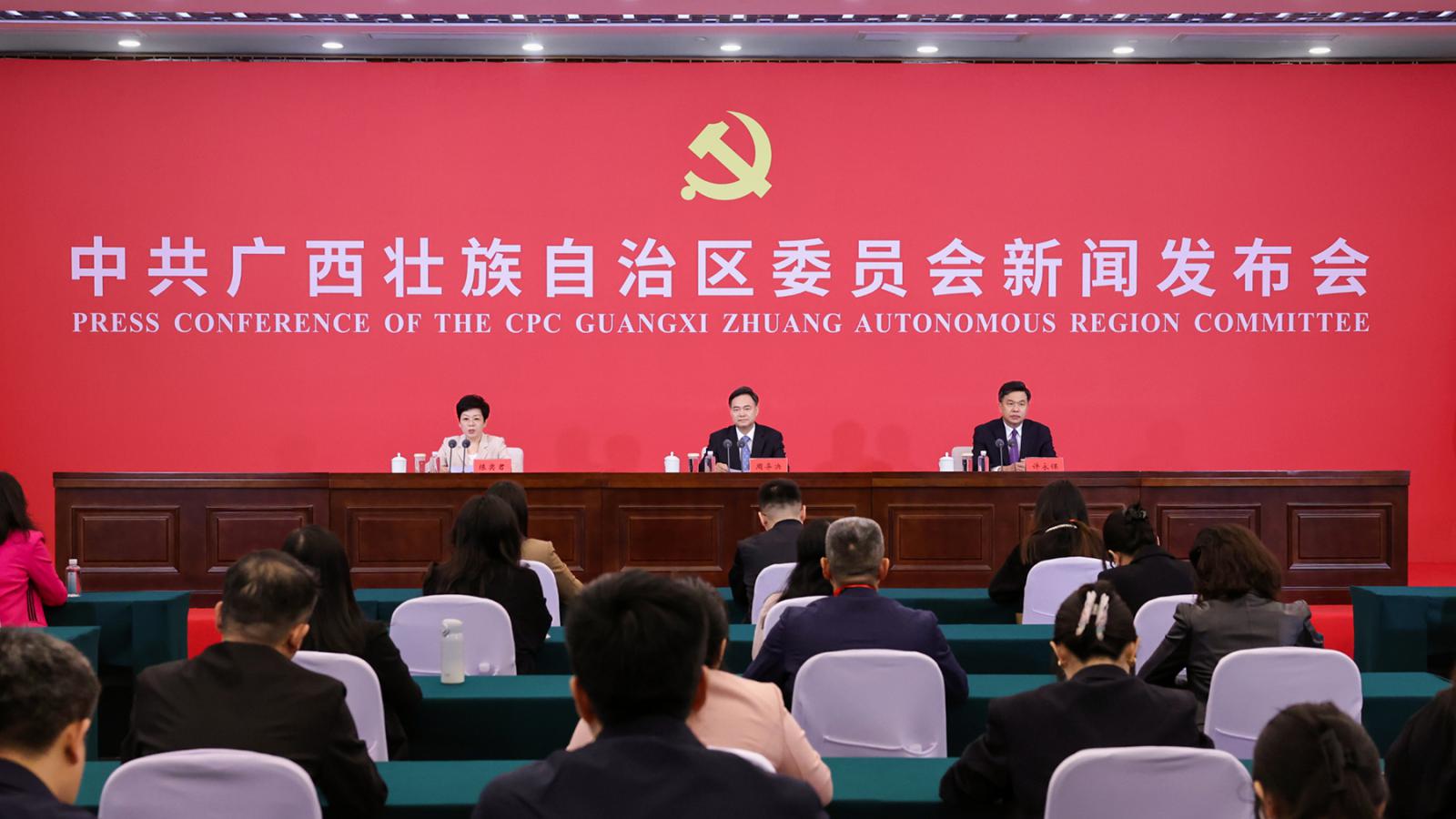
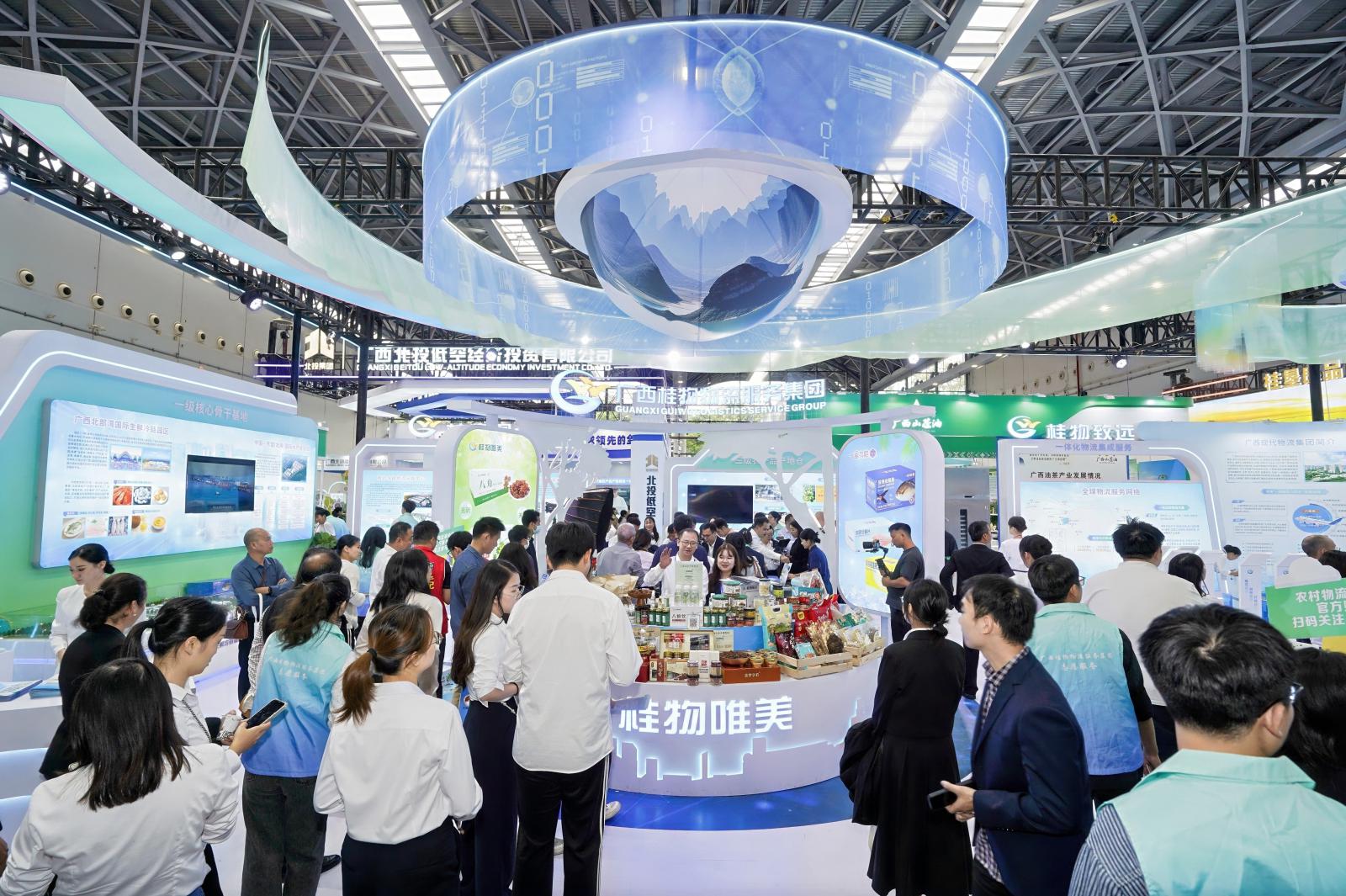
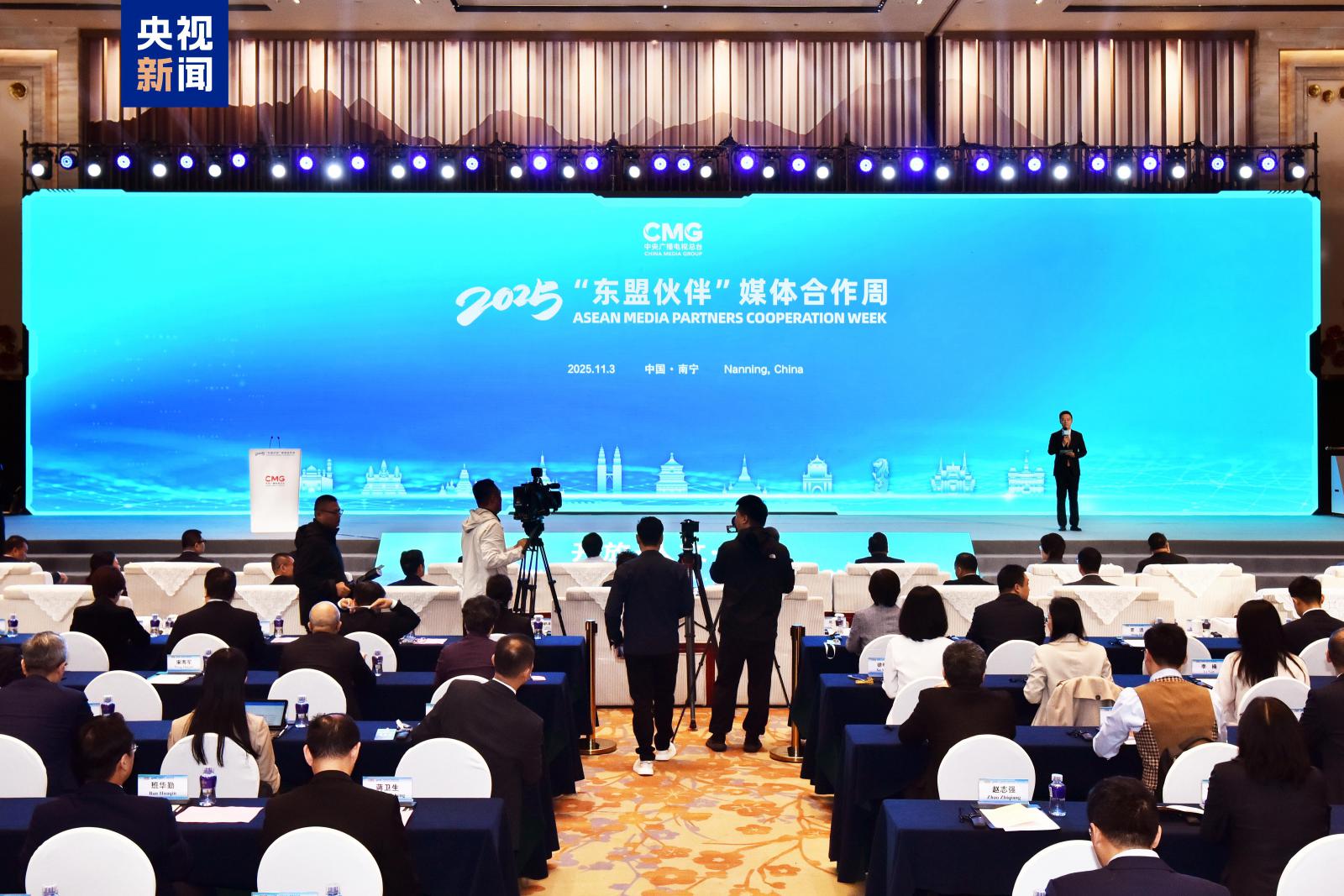
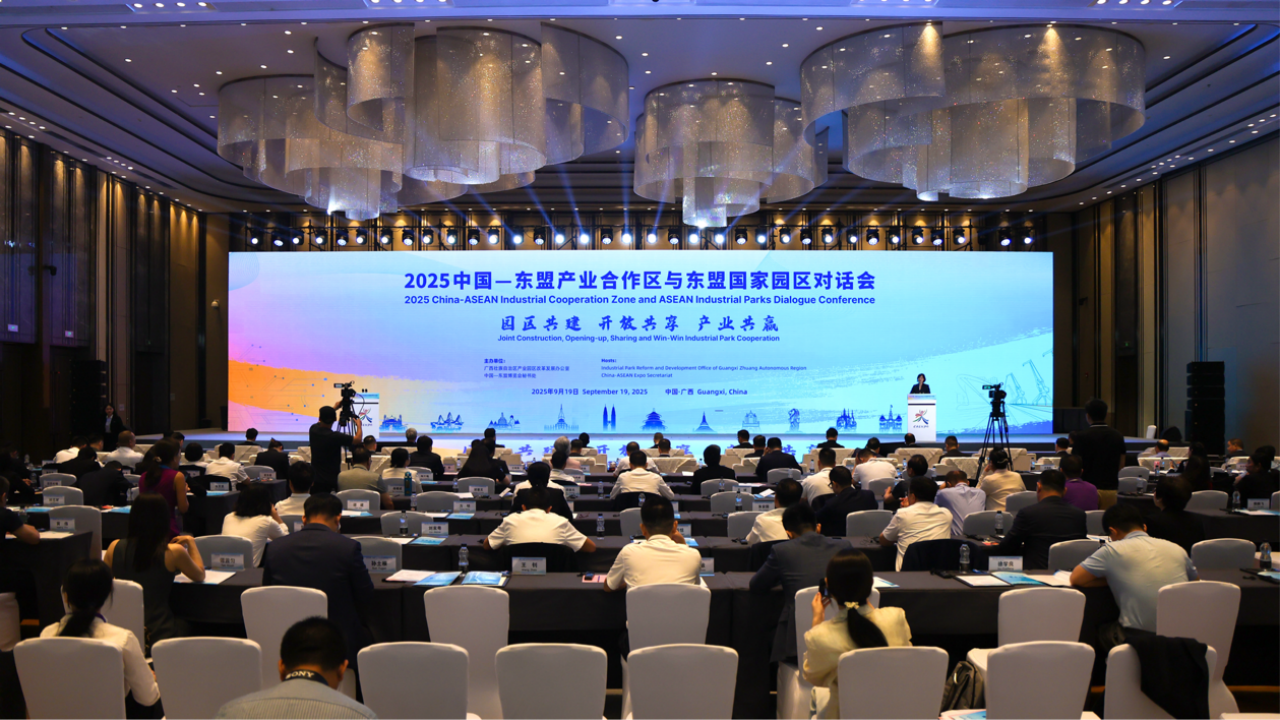
 桂公网安备 45010302000186号
桂公网安备 45010302000186号